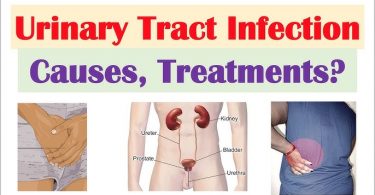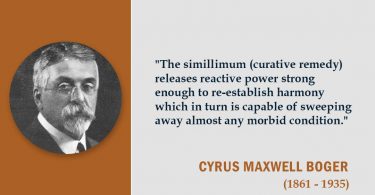Alcohol and drug addiction are complex challenges that can have adverse effects on individuals, families, and communities. Fortunately, a range of services exists to provide support, guidance, and treatment options for those struggling with substance abuse.
The alcohol and drug intervention services in Morris County NJ are designed to address various stages of addiction and offer approaches to help individuals embark on the path to recovery.
Screening And Assessment Services
The first step towards recovery is recognizing and understanding the extent of the addiction. At this stage, there is identification of the problem that will help in framing an idea as to what is the issue so that the steps can be taken accordingly. Screening and assessment services play a critical role in identifying substance abuse issues and determining the appropriate level of care needed.
- Screening Tools: Various questionnaires and assessments help individuals and healthcare professionals identify patterns of substance use and assess the severity of the problem.
- Professional Assessment: Skilled addiction counselors and healthcare providers conduct comprehensive assessments to understand the individual’s physical, psychological, and social circumstances.
Suboxone come with potential risks – The Suboxone lawsuits share a similar legal theory of liability. Injured plaintiffs allege Suboxone film causes tooth erosion and decay because it has an acidic ingredient that differs from the prior tablet form of this medication. In addition, plaintiffs claim the maker of Suboxone knew about this potential problem yet failed to warn patients using the drug. After these lawsuits began, Suboxone added a warning about potential dental issues.
Brief Interventions
At this stage, education is provided as to what are the complication and even guides in a proper way as to how to make the situation better. For individuals in the early stages of substance abuse or those showing signs of risky behavior, brief interventions are designed to provide education and motivation for change.
- Education: Healthcare professionals provide information about the risks associated with substance abuse and its impact on health and well-being.
- Motivational Enhancement: Through counseling sessions, individuals are encouraged to recognize the potential negative consequences of their behavior and consider making positive changes.
Outpatient Treatment
Outpatient treatment services offer more structured support than brief interventions, providing counseling, therapy, and education while allowing individuals to continue living at home.
- Individual Counseling: One-on-one therapy sessions focus on understanding the underlying causes of addiction and developing coping strategies.
- Group Therapy: Supportive group settings offer a sense of community and shared experiences, along with opportunities for peer support. if the patients get help in groups then the chance of recovery will be better as they have similar lives of people.
- Family Therapy: Involving family members in therapy sessions helps address family dynamics and rebuild healthy relationships. Involvement of the family members will make things simple and that will make the results far better.
Inpatient Rehabilitation
Inpatient rehabilitation involves a residential stay at a specialized facility, offering 24/7 support and a structured environment that removes individuals from triggers and temptations. With regular services after a limited time, better care can be there.
- Medically supervised detox helps individuals safely manage withdrawal symptoms and prepare for the treatment phase.
- Inpatient programs provide a range of therapies, including cognitive-behavioral therapy, art therapy, and mindfulness practices.
- Some facilities incorporate holistic therapies such as yoga, meditation, and nutritional counseling for a comprehensive recovery experience.
Addressing Physical And Psychological Aspects
There are a lot of treatment options that will make things simple and also you will be able to make things better.
- Opioid Addiction Treatment: Medications like methadone, buprenorphine, and naltrexone help reduce cravings and withdrawal symptoms, enabling individuals to focus on recovery.
- Alcohol Use Disorder Treatment: Medications like disulfiram, acamprosate, and naltrexone aid in reducing alcohol cravings and preventing relapse.
Sober Living Houses
Sober living houses provide a bridge between structured treatment settings and independent living. They offer a drug-free, supportive environment for individuals in early recovery.
- Residents adhere to house rules, undergo drug testing, and participate in counseling to reinforce their commitment to sobriety.
- Living with peers who share similar goals provides a sense of camaraderie and accountability.
Aftercare And Continuing Care
Just getting the treatment for the problem will not only work you need to be clear about the aspect that must be included in aftercare so that better services are available. After completing formal treatment programs, individuals benefit from ongoing support to maintain their sobriety and prevent relapse.
- Regular counseling sessions help individuals address challenges, triggers, and personal growth.
- Medical check-ups and support groups ensure individuals stay connected to their recovery community.Assistance in developing healthy habits, rebuilding relationships, and finding purpose in life beyond addiction.
These are the crucial services that are available in the alcohol and drug platforms. The only thing that matters for you is to choose a reliable platform that will offer high-grade services.



